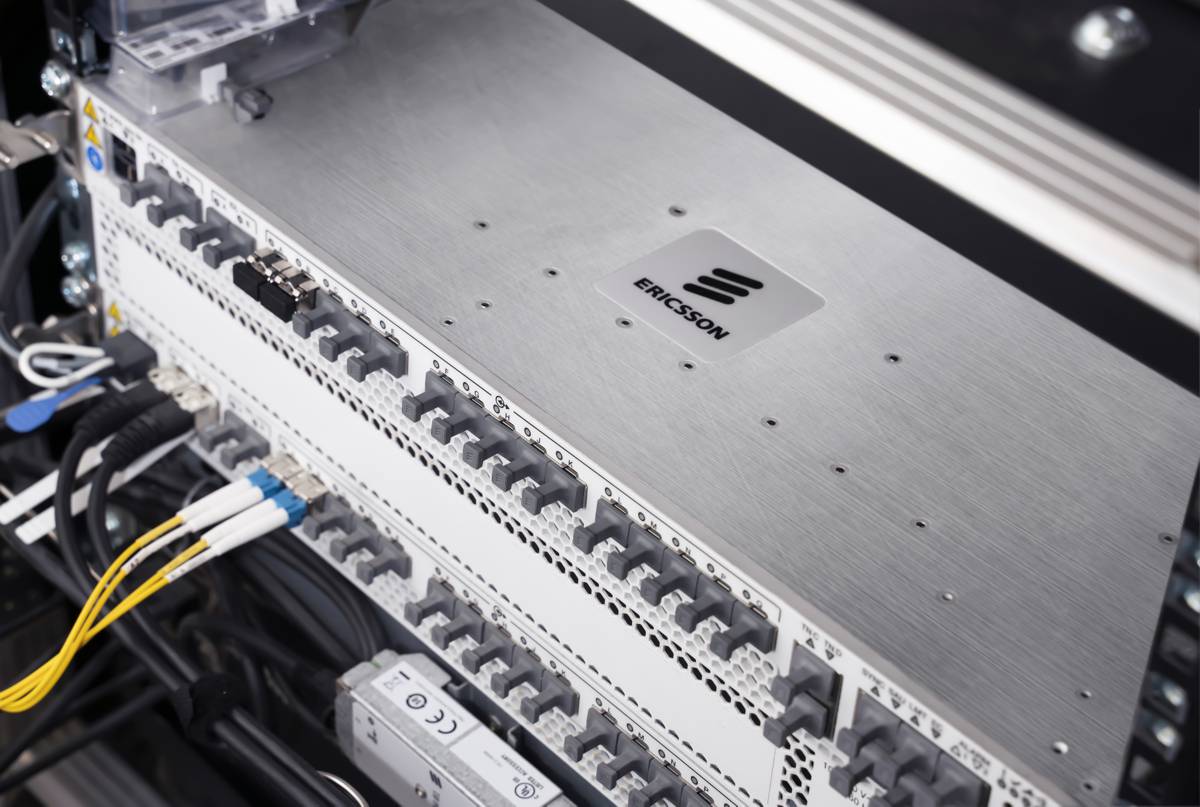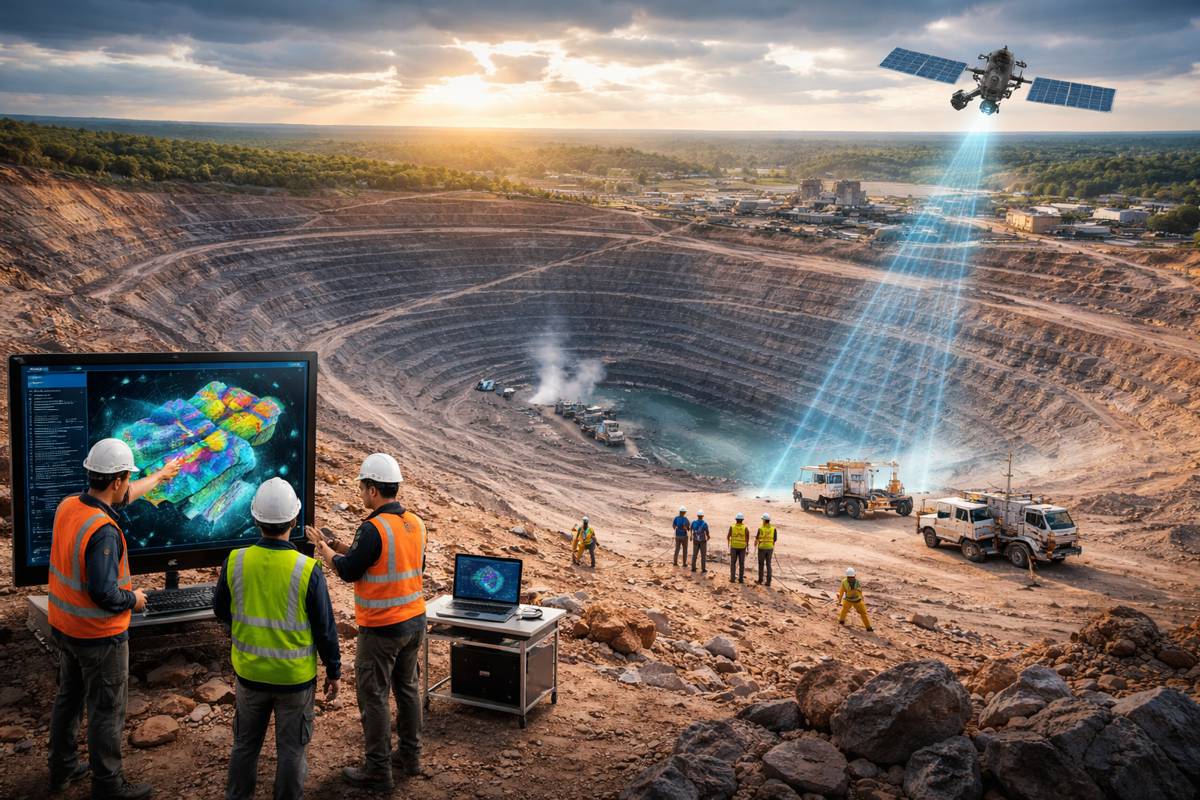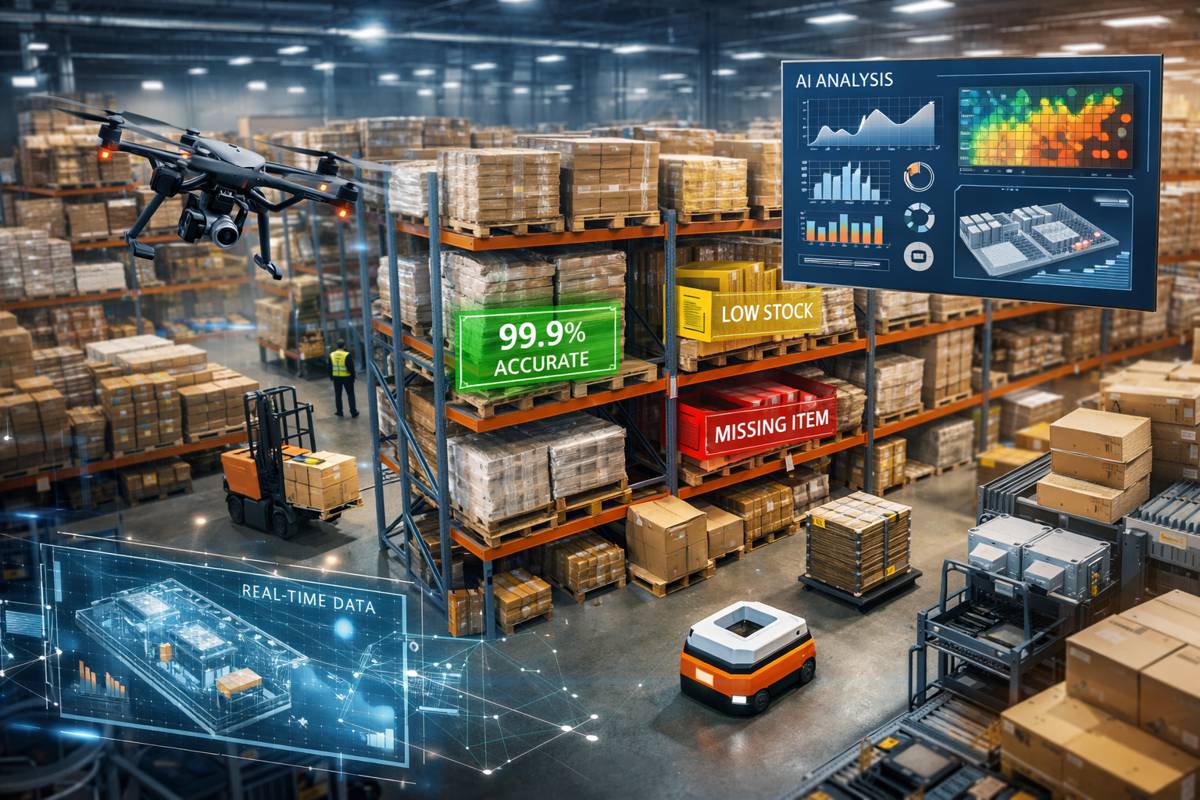Ericsson’s next-generation 5G Wireless Connectivity enables Safer Mining
Newmont Corporation, announces it is expanding its use of next generation 5G wireless networks to improve safety in underground mining following trial results from its Cadia mine in New South Wales, Australia.
In February last year Newmont announced a trial of 5G in partnership with Ericsson and Telstra Purple at its Cadia mine – one of the largest underground gold and copper mines in the world.
Before the trial, Cadia was limited to upload speeds of 20-30 megabits per second (Mbps) using wi-fi to operate autonomous equipment such as ore loaders and remote-controlled mining machines.
These wi-fi connections were unreliable and unpredictable when under load. There was insufficient capacity to operate the required number of machines in the one area at the same time, particularly with the amount of video upload involved, and automation safety stops were regularly falsely triggered due to network packet loss.
Using Ericsson Private 5G, Newmont was able to demonstrate the ability to achieve upload speeds of around 90Mbps along access drives and declines throughout the underground complex, and 150Mbps upload and 500Mbps download on all-important extraction drives.
The connections underground were found to be persistent and highly dependable, resolving historic limitations experienced with wi-fi and providing the consistent performance essential for remote control and autonomous mining systems.
Newmont Chief Safety and Sustainability Officer, Suzy Retallack, said: “the trial results show the extraordinary potential of 5G to improve safety, increase the number of machines that can be operated on a single network and boost production efficiencies in underground mining.”
“These trials are part of the new frontier of technology in mining – using innovation to make our people safer and our mines more productive,” Retallack said.
Newmont will now use 5G to roll out more autonomous fleet like drill rigs, graders and auto haul trucks as part of future mining operations, relying on 5G’s unique capacity and capability to facilitate and streamline operational capabilities while deploying additional safety systems like radars and collision avoidance to improve overall mine safety systems.
Head of Private Cellular Networks from Ericsson, Manish Tiwari, said: “5G is enabling rapid global transformation of industry, supporting digitalisation and movement towards automated, more efficient, and safer operations across a number of sectors.”
“Ericsson is proud to be partnering with Newmont on demonstrating the potential of 5G to the global mining sector,” Tiwari said.
Trialling 5G New Radio (NR) technologies on the surface at Cadia as part of the same initiative also demonstrated that new 5G innovations such as 64T64R Massive MIMO, beamforming and beam-steering provided a leap forward in available throughputs at the extended distances found in surface operations.
As an innovative miner, Newmont uses technology to make workers safer while improving efficiency. On the basis of the trial, 5G now has a firm place in Newmont’s communications strategies for Cadia and its other Tier One underground and surface mines across the world.
Following support for the Cadia 5G trial from the Australian Communications and Media Authority (ACMA), Newmont has now applied to ACMA for Area Wide Licenses to extend and embed Newmont’s use of 5G technology across its Australian operations.
Newmont is now planning to expand the use of 5G networks across its global network of Tier 1 underground gold-copper mines.





























